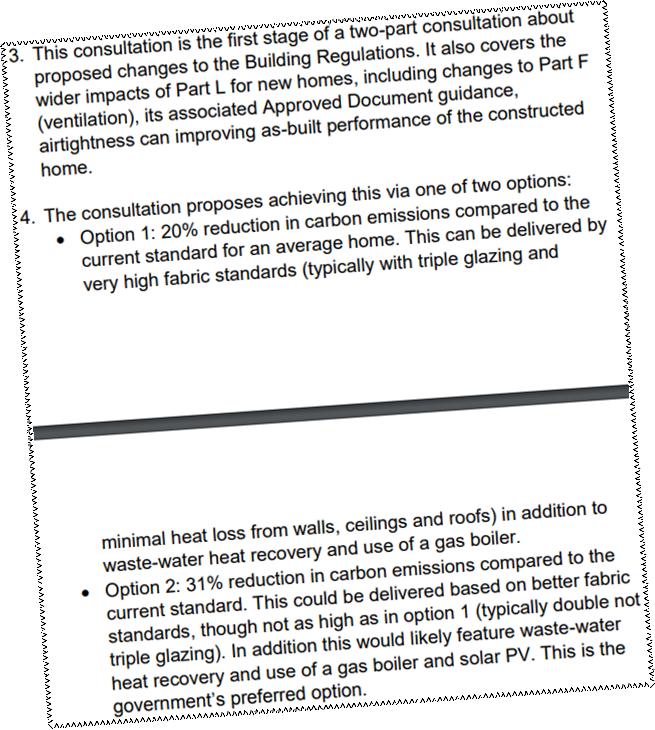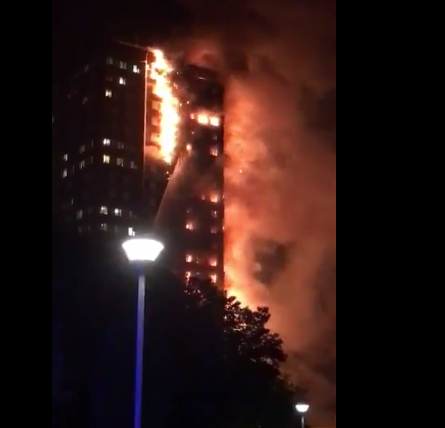The York Council is set to ask the government to set high standards of insulation for new home built over the next decade. A meeting on 6th January will consider proposed changes to building regulations for new homes.

The government sees a choice between either a 20% or 31% reduction in carbon emissions from new homes. Both options would see higher thermal insulation standards linked typically with triple glazing and minimal heat loss from walls, ceilings and roofs, plus a waste water heat recovery system.
The higher standard is achieved by mandating the installation of Photovoltaic cells on roofs (They convert sunlight to electricity).
Strangely both options being presented by Council officials involve the use of gas boilers. Gas boilers are the largest source of carbon currently emitted in the City.
The major benefits would come from heat pumps, a waste water heat recovery system, triple glazing and minimum standards for walls, floors and roofs that significantly limit any heat loss.

The report fails to provide any background financial information. The higher specifications will significantly increase building costs.
In turn that will knock on into purchase or rent costs.
The expectation is that energy costs will also reduce. Maintenance costs for the equipment are not fully tested (the achilles heel of some of the micro wind powered micro generators that were popular a few years ago).
Sadly, without a frank assessment of financial implications and the beginning of a campaign aimed at selling the options to future house purchasers, progress in getting public support for the plans is likely to be harder than it otherwise might have been the case.
Still credit to the Council for at least putting their likely responses to this government consultation into the public domain.

 The York Council says that it does not know whether there are any private sector flats in York which may have an increased fire risk of the type that led to the Grenfell Tower disaster.
The York Council says that it does not know whether there are any private sector flats in York which may have an increased fire risk of the type that led to the Grenfell Tower disaster.